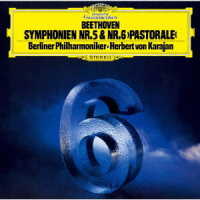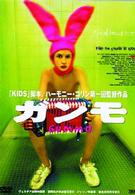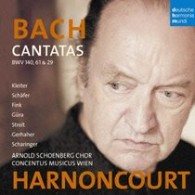Description
First Published in 1995. This innovative series is an ideal means of supporting professional practice in the post-Dearing era, when a new focus on the quality of teaching and learning is possible. The series promotes reflective teaching and active forms of pupil learning. The books explore the implications of these commitments for curriculum and curriculum-related issues. This book has emerged out of the collective experience of six colleagues who work together at the Faculty of Education of the University of the West of England, in Bristol. The twin strands here are a social constructivist model of learning and a reflective teaching model of pedagogy. Through reflecting on our experiences and evaluating their intentions, practices and outcomes, not only do we learn, but we also enrich the learning of those children, pupils and students with whom we are working.
Table of Contents
Chapter 1 Exploring Humanities in the Primary Curriculum; Chapter 2 Roots and Traditions; Chapter 3 People and Place; Chapter 4 Stories, Values and the Challenges of Religious Education; Chapter 5 Environmental Education; Chapter 6 Education for Citizenship in a Changing World; Chapter 7 European Dimensions; Chapter 8 Staged Events and Experiential Learning; Chapter 9 Humanities in the Primary Classroom – The Role of the Teacher; Chapter 10 Conclusion;








